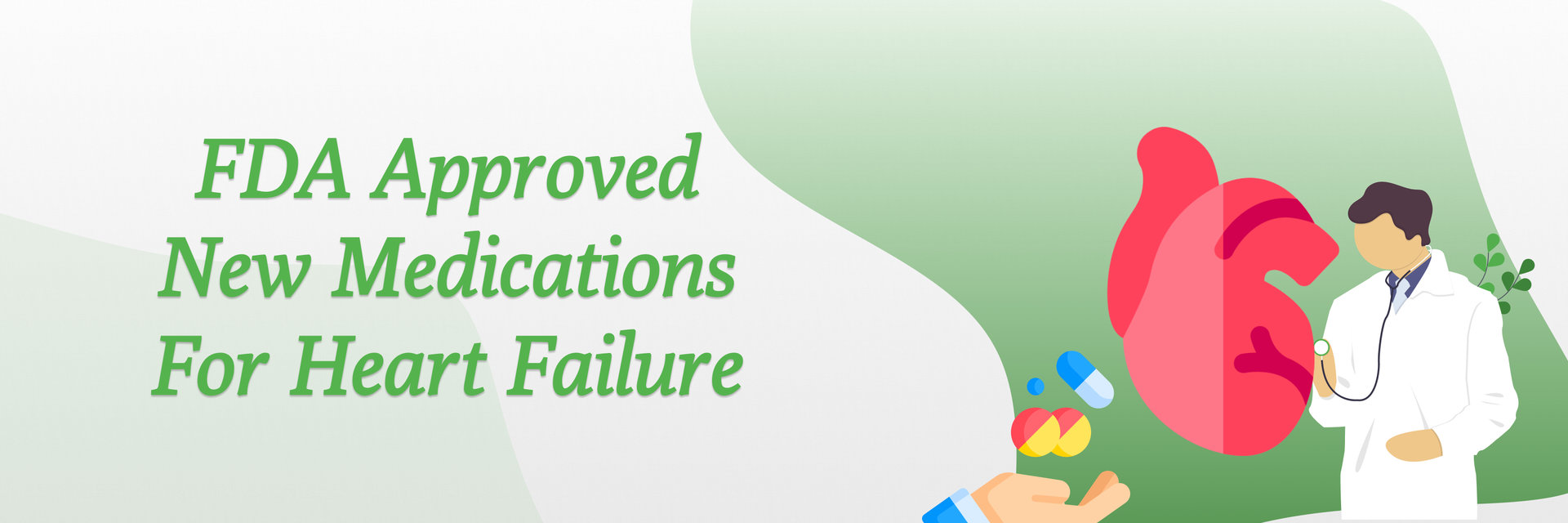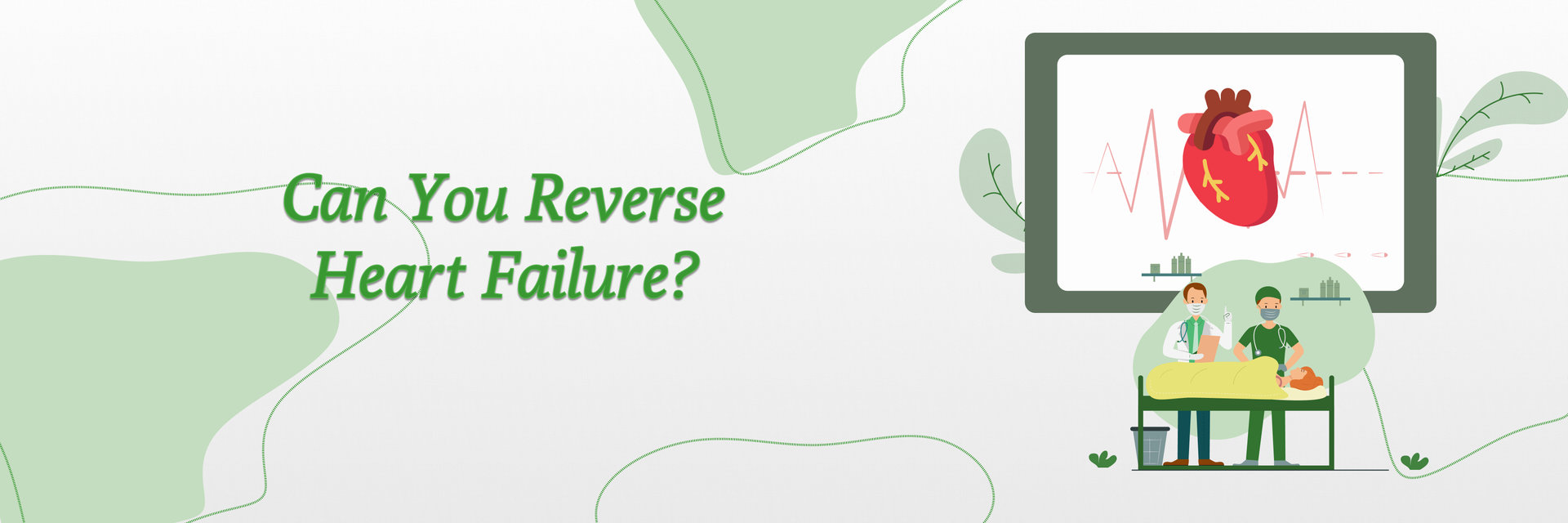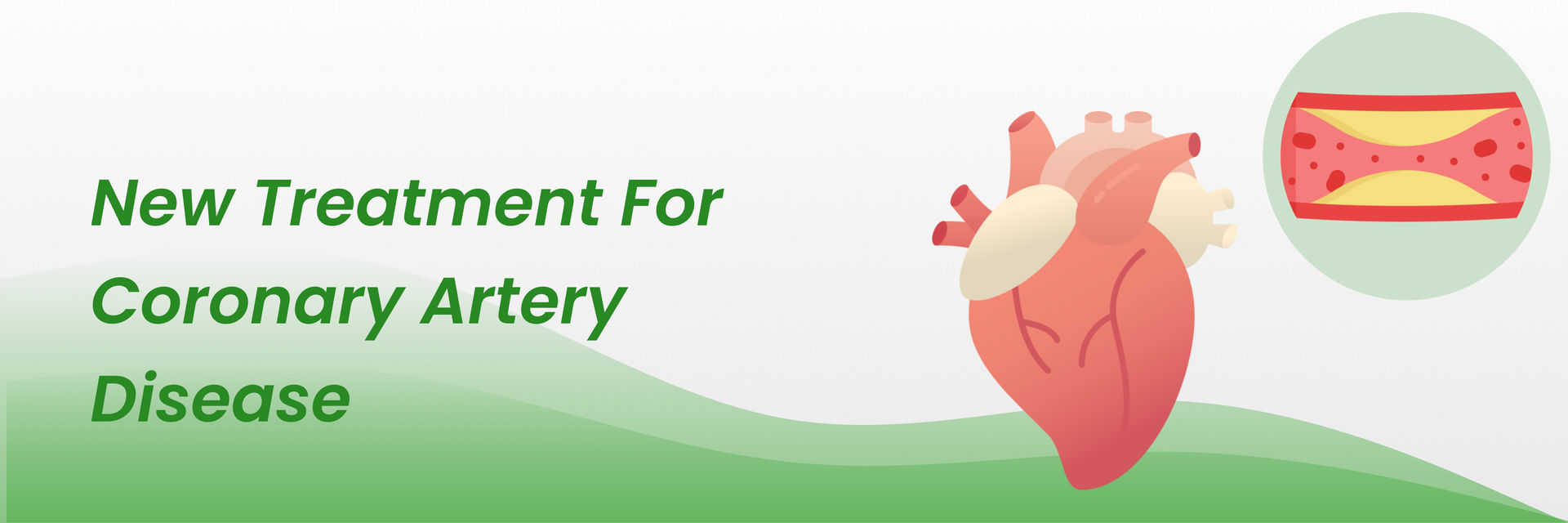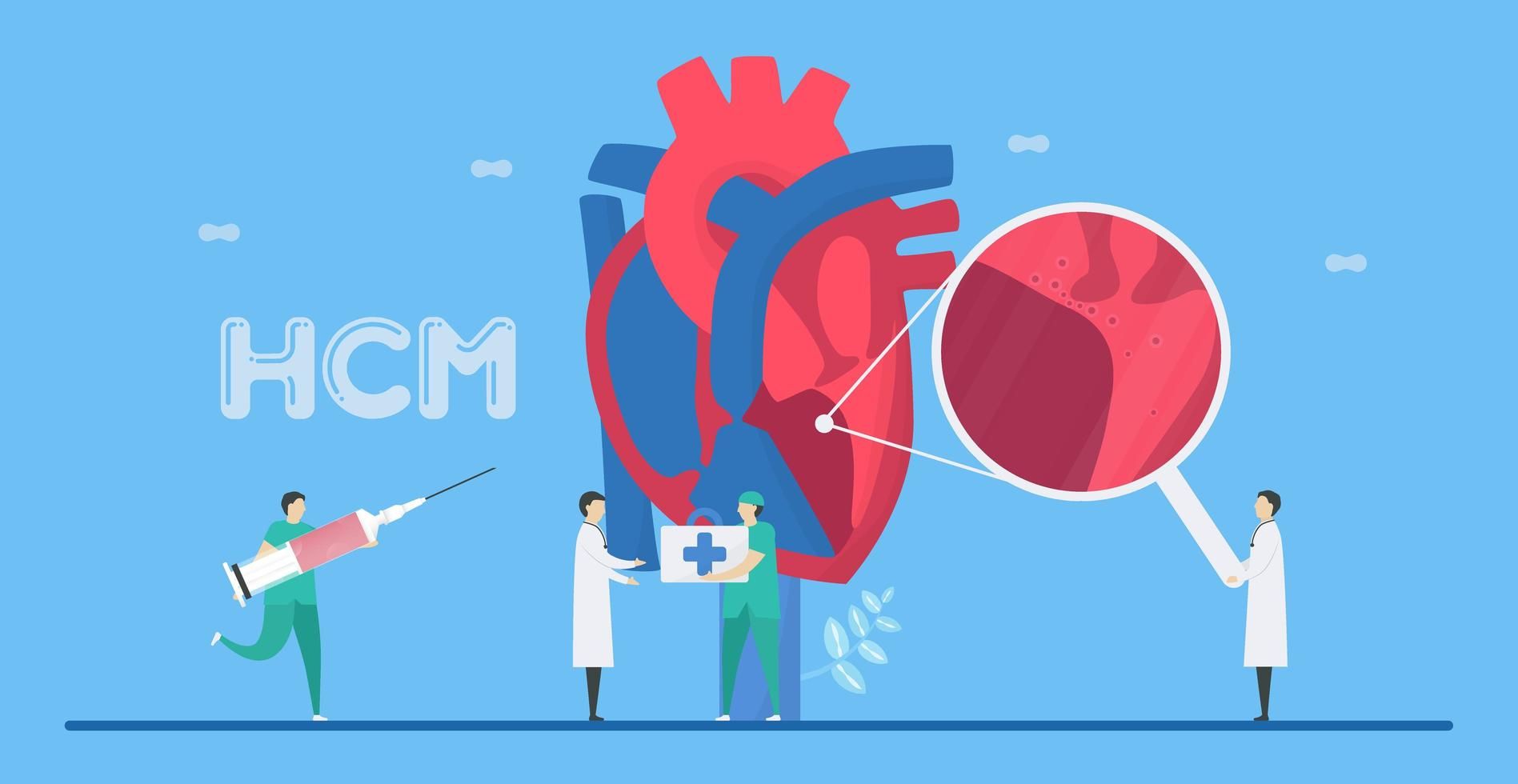Type 2 diabetes and heart disease are closely related. They affect millions of people worldwide. Type 2 diabetes is becoming more common. This has led to a big rise in related heart problems. This connection poses a big threat to public health.
Let's explore how type 2 diabetes and cardiovascular disease are interconnected and why managing both is essential.
Understanding type 2 diabetes and cardiovascular disease
Type 2 diabetes is a metabolic disorder marked by high blood sugar levels due to insulin resistance or a lack of insulin. Cardiovascular disease affects the heart and blood vessels and is often made worse by diabetes. Both conditions have common risk factors, like obesity and high blood pressure, which make them frequently co-occurring health issues.
Did you know?
- The number of people with diabetes worldwide rose from 108 million in 1980 to 422 million in 2014.
- Raised blood glucose causes around 20% of cardiovascular deaths globally. Type 2 diabetes is the most common form of the condition in India.
- A study published in the Lancet estimates that 101 million people in India (11.4% of the population) are living with diabetes.
- Additionally, 136 million people (15.3% of the population) could be living with pre-diabetes.
- India is predicted to bear the greatest burden of coronary artery disease (CAD), with 25% of CAD deaths occurring in the country.
- Approximately 77 million adults above the age of 18 in India suffer from type 2 diabetes, and nearly 25 million are prediabetic (at higher risk of developing diabetes soon).
Understanding how these two conditions interact and affect each other is crucial. Finding and managing type 2 diabetes early is vital. It can greatly cut the risk of heart disease.
Don't wait until it's too late! Schedule your appointment with a top cardiologist to create a personalized plan for managing type 2 diabetes and cardiovascular health.
How does type 2 diabetes affect heart health?
Type 2 diabetes harms heart health in many ways. The extra glucose in the blood of diabetics can damage the vascular system. This raises the risk of heart disease. These include coronary artery disease, heart attack, and stroke. Also, high blood glucose can harden and narrow arteries. This is known as atherosclerosis. This condition restricts blood flow, increasing the likelihood of heart attacks and strokes. Diabetes also causes inflammation and oxidative stress. These can harm the blood vessels and heart muscle.
"Diabetes significantly increases the risk of cardiovascular complications, including heart disease, heart attack, and stroke. The combination of high blood sugar, insulin resistance, and inflammation can damage blood vessels and the heart muscle, leading to serious issues. Managing diabetes well through lifestyle changes and medications is crucial to protect the heart." states Dr. Bhaskar Semitha, a renowned cardiologist from Mumbai
Can managing type 2 diabetes reduce cardiovascular risk?
Yes, controlling type 2 diabetes well can greatly reduce the risk of heart disease. Controlling blood sugar levels helps prevent damage to blood vessels. This is done through medication, diet, and exercise. They prevent the damage that high glucose levels can cause. You must regularly monitor blood pressure and cholesterol levels. You must also keep a healthy weight. These are critical strategies for managing diabetes and heart risk.
Are you experiencing any Symptoms that are causing you discomfort? Read further and Learn these signs and the importance of early intervention.
Signs of cardiovascular disease in diabetics
- Chest Pain or Discomfort: Often described as a feeling of pressure, squeezing, fullness, or pain in the center of the chest, which might come and go.
- Shortness of Breath: Difficulty breathing during routine activities or even at rest can indicate heart problems.
- Excessive Fatigue: Feeling unusually tired, especially after minimal physical activity.
- Swollen Feet or Ankles: Swelling in these areas can indicate heart failure, where the heart cannot pump blood effectively.
- Palpitations: These are irregular heartbeats or the feeling of your heart racing. They can warn of heart problems.
How often should diabetics be screened for cardiovascular disease?
"Annual cardiovascular screenings are essential for diabetics to monitor heart health and address potential issues before they become severe." — says Dr. Bhaskar Semitha, a renowned Cardiologist from Mumbai
Diabetics should undergo cardiovascular screening at least once a year. You should have an annual cardiovascular risk assessment. It should include blood pressure, lipids, and kidney function tests. Individuals with additional risk factors may need more frequent monitoring.
Lifestyle changes to manage type 2 diabetes and cardiovascular risk
- Healthy Diet: Focus on a balanced diet rich in fruits, vegetables, whole grains, and lean proteins. Limit intake of saturated fats, trans fats, and sugars.
- Regular Exercise: Aim for at least 150 minutes of moderate-intensity aerobic activity per week, such as brisk walking, swimming, or cycling.
- Weight Management: Maintain a healthy weight to help control blood glucose levels and reduce cardiovascular strain.
- Quit Smoking: It is crucial to stop smoking. It greatly lowers your risk of heart disease and improves your health.
- Limit Alcohol: Moderate your alcohol consumption to reduce blood pressure and avoid spikes in blood sugar levels.
- Stress Management: Do stress-reducing activities like yoga, meditation, or deep breathing. They lower stress and improve heart health.
Are there any specific medications to control type 2 diabetes and heart health?
- Metformin: Often the first medication prescribed for type 2 diabetes; helps lower blood sugar and may also offer cardiovascular benefits.
- SGLT2 Inhibitors: Drugs like empagliflozin and canagliflozin lower blood glucose levels, reduce the risk of heart failure, and protect against heart disease.
- GLP-1 Receptor Agonists: Medications such as liraglutide and semaglutide improve blood sugar control and have been shown to reduce the risk of heart attack and stroke in diabetics.
- ACE Inhibitors: Typically used to treat high blood pressure and heart failure, these can also provide cardiovascular protection for diabetics.
- Statins: Used to lower cholesterol levels, statins are often recommended for diabetics to help prevent cardiovascular diseases.
Take Action on Your Heart Health! Book your appointment now with the best cardiologists and take the first step towards a healthier future.
Conclusion
Type 2 diabetes and heart disease are closely linked, with each condition worsening the other. Understanding this relationship is crucial for effective management and prevention. By controlling blood sugar levels, adopting a healthy lifestyle, and using appropriate medications, individuals can significantly reduce their cardiovascular risk and improve overall health.
FAQs
Is type 2 diabetes reversible?
Type 2 diabetes is not typically reversible, but it can be managed effectively with lifestyle changes and medications.
What are the common symptoms of cardiovascular disease in diabetics?
Common symptoms include chest pain, shortness of breath, and fatigue. However, symptoms can be subtle due to nerve damage in diabetics.
How can I reduce my cardiovascular risk if I have type 2 diabetes?
You can reduce your risk by managing blood sugar levels, maintaining a healthy diet, exercising regularly, and taking prescribed medications.







